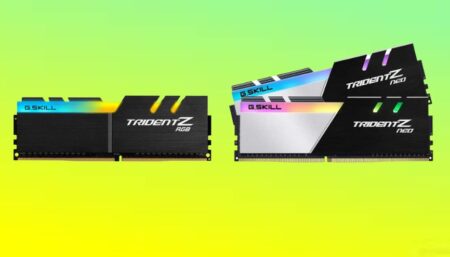
Single Channel vs. Dual Channel vs. Quad Channel Memory
Everyone related to technology knows that RAM is the most important...
InGameLoop relies on readers. We may earn commissions when you purchase through our links. Check Affiliate Disclosure
RAM, or random access memory, is the short-term data storage component in a computer. It provides high-speed access for the CPU to retrieve running programs and data so processing can occur without delays. RAM modules consist of DRAM chips mounted onto circuit boards that plug into dedicated motherboard slots. Data in RAM remains volatile, meaning it is lost when power is removed.
The amount of RAM determines multi-tasking limits and how many programs can run simultaneously. More RAM allows larger applications and files to be opened without slowdowns. For optimal performance, sufficient RAM capacity is required for the OS and software. High-end RAM offers faster speeds measured in MHz or GHz, and wider bus widths transferring more data per cycle.
Other parameters include lower CAS latencies and dual or quad channel architecture. However, faster RAM may require overclocking CPU and motherboard settings. Top brands like Corsair and G.Skill allow enthusiasts to choose memory meeting aesthetic build preferences. With transient data accessibility key to PC functionality, RAM plays a major role in supporting smooth workflows and application use. Upgrading memory is among the easiest ways to improve an aging computer’s speed.